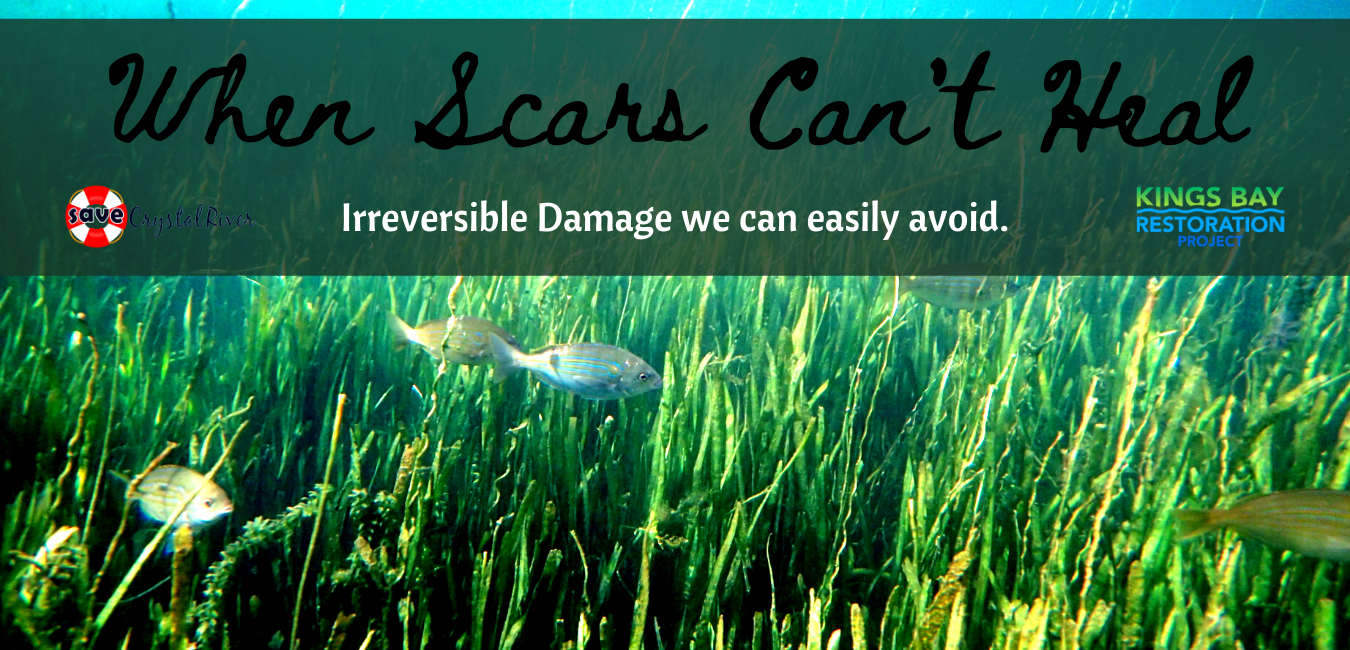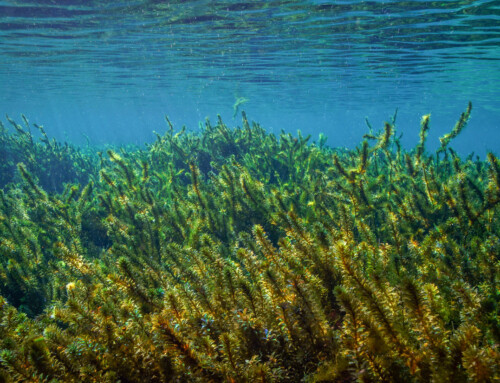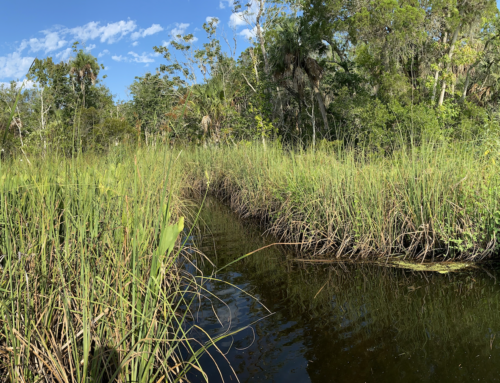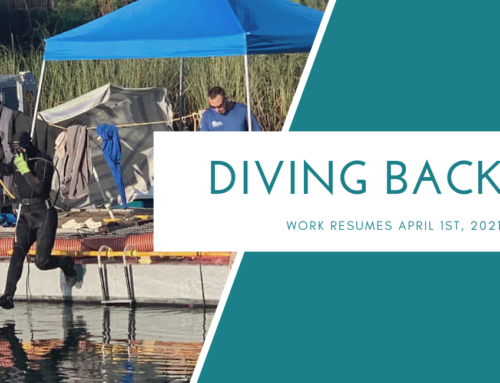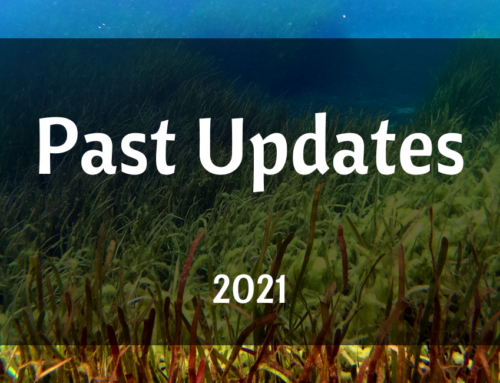Minding Your Bottom
This is a term we use frequently to encourage residents and visitors to take care of the beautiful eelgrass beds we have all worked so hard to restore. Why is eelgrass so important? We know that it produces oxygen and helps fight against storm surge. Eelgrass also helps clarify our waterways back to the “Crystal” clear river that has been gone for years due to an overabundance of Lyngbya and other natural and man-made factors. It has also had a great impact on local businesses by increasing the resident manatee (and aquatic life) population with a consistent food source.
Prop Scars and Anchor Scars
“I just need to move a few feet, I don’t need to pull up my anchor”. It may not seem like a big deal, but in the grand scheme of things, this minor inconvenience can save more damage than many realize. Just the simple act of dropping an anchor can potentially tear up a square foot of eelgrass on it’s own. Imagine the possible damage of then dragging that anchor even 3 feet. Propeller scars can be just as damaging, if not worse, if boaters do not raise their props while passing through shallows.
But why is it so detrimental?
As we have seen, our eelgrass in King’s Bay is doing a phenomenal job of growing and spreading naturally. The issue we see with Prop scars and anchor scars comes in when we look at how the eelgrass grows and spreads.
The roots system works by spreading out horizontally. It can not grow up or down. There lies the problem. When anchor and propellers dig into the sandy bottom of our waterways it creates a sort of trench barrier that the eelgrass’ root system is unable to surpass. In some cases, we have seen eelgrass meadows heal these scars but it can take over 10 years for this to happen if it ever happens at all.
Think about that for a moment. 10 years to heal the damage that could have been avoided with an extra 10 minutes of care.

Please take care of your bottom.
“The future depends on what you do today.”
-Mahatma Gandhi


